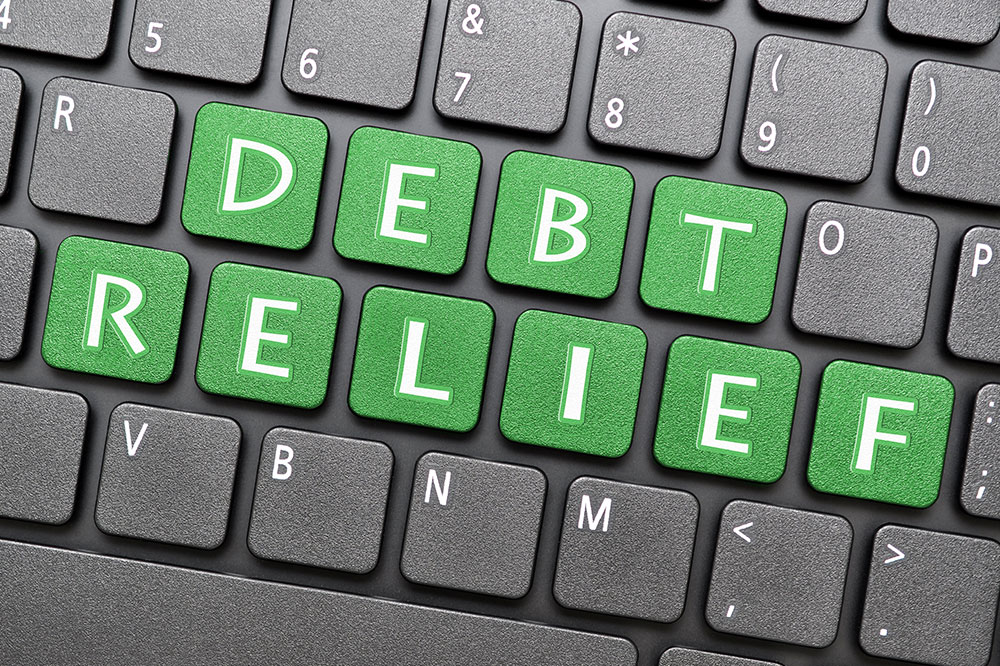Things to know before applying for debt relief
Applying for debt relief helps an individual clear off or refinance prior credit in a convenient manner. The ways of going about such a process include refinancing mortgages, lowering interest rates, extending the loan period, consolidating numerous debts, and paying a single sum. Debt relief can be applied for by individuals, large businesses, and even nations.

Here’s what one should know before applying for debt relief
There are various debt relief scams out there
When a financial organization offers services and makes claims that seem too good to be true, it’s most likely a fraudulent one. Moreover, these fraudulent organizations lack transparency in what they are willing to offer and might even ask for personal banking information. So, one must make sure that the company assisting with debt relief is legitimate.
There may be a lot of fees involved
When it comes to getting debt relief, there might be several different fees that one will have to pay. A few of the common fees involved are credit counselor fees, loan origination fees, penalties, forms, and the different services one may have opted for. Making a note of how much these fees add up can help one draw up a proper plan and manage their finances better.
When should one seek debt relief?
When one cannot pay their dues on time, is struggling to pay bills, cannot manage their debt anymore, and is almost contemplating bankruptcy, they must seek debt relief. There are quite a few advanteges of applying for debt relief debt: the debt is approached systematically, binding every creditor to the order. Creditors are formally approached and presented with an appropriate proposal and cannot take any action or extra collections without the permission of the court.
When not to seek debt relief?
If one knows for a fact that they can pay off their debts with proper planning in a given amount of time, they should not seek debt relief. Moreover, if one is taking on more debts and cannot commit to long-term payment plans, debt relief is not for them. Debt relief can even result in severe consequences: it may affect future job opportunities for those applying for licensed positions like financial advisors. It can also affect one’s ability to borrow more credit and affects one’s credit score.
The common debt relief options one can choose from are
Debt consolidation
In this method, one combines all their debts into a single payment. Thus, all the debt is organized and extra interest costs can be saved. One can also apply for a new credit card with low interest and transfer remaining debts to it.
Debt management
In a debt management plan, one can enroll certain debts in the program and pay the cumulative amount. This payment will then be split up between multiple creditors. Such a method may help one get lower interest rates and exemption in certain fees.
Credit counseling
A credit counselor helps discuss budgets, analyze debts, and create a personalized plan to help one pay these dues in time. Counselors can also help one understand what areas of spending they need to cut down on to prevent financial burden.
Debt settlement
Usually, debt settlement is the last resort for anyone who wants to apply for debt relief. In this method, the creditor agrees to cut down the loan amount canceling any extra money that needs to be paid. This method can have tax implications and a significant drop in credit score can happen.











